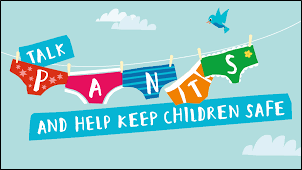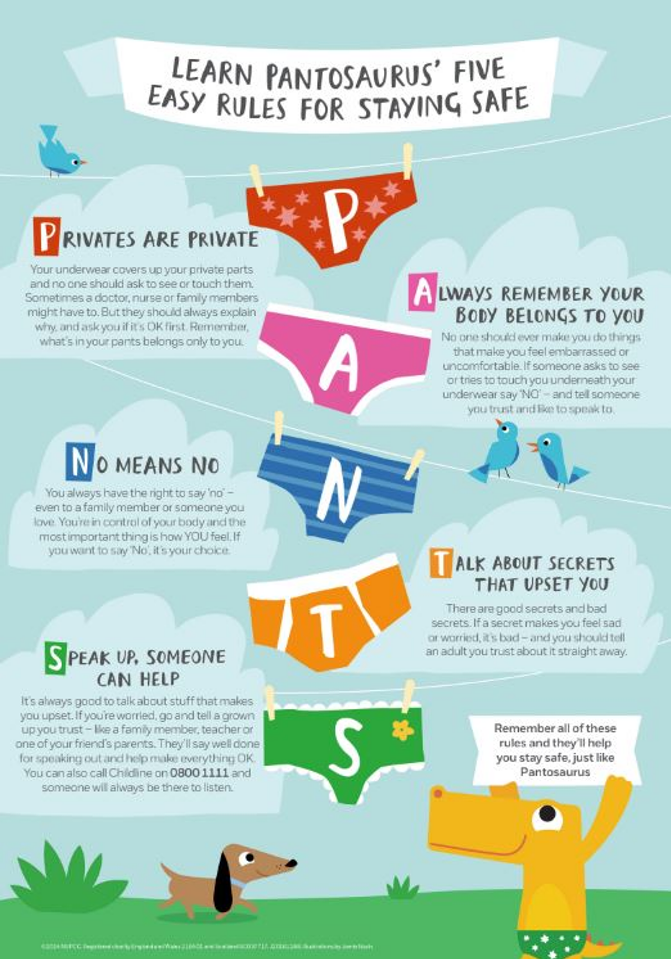Child sexual abuse – why we should be concerned, and how sexual abuse is preventable not inevitable if we all work together.
The latest report from the Centre of expertise on child sexual abuse finds that children are the victims in 40% of all sexual offences – including rape and sexual assault – yet make up just 20% of the population in England & Wales.
Conservative estimates are that half a million children will experience some form of sexual abuse every year in England and Wales. The gap between the number of children who are sexually abused, and the identification, response and support remain far too wide.
Closing this gap and identifying and responding to child sexual abuse is a key priority for the Plymouth Safeguarding Children Partnership (PSCP). The impact of sexual abuse can be serious and long lasting which is why we want to support children at the earliest point possible and create a culture of working ‘with’ families. Sexual abuse can lead to acute feelings of betrayal, powerlessness, stigmatisation, shame, guilt and traumatic sexualisation, and impact forming and maintaining healthy relationships, as well as enduring mental health problems as a result of trauma and physical health problems.
We have learnt from the brave testimonials of thousands of survivors through IICSA and numerous case reviews that many children and the majority have suffered abuse by those who were trusted to care for or work with them in a wide range of settings including care homes, sports and activity clubs, schools, hospitals, the church and most common within their own home and family.
By working ‘with’ families we can together achieve what every child deserves which is to grow up in a safe, stable and loving home.
Parent’s and carers remain the single most protective factor for preventing child sexual abuse and it’s our role to raise awareness with them on how they can play their part.
This practitioner’s guidance and toolkit aims to improve and develop our knowledge and understanding of child sexual abuse and is for everyone who supports children, families and adults across the multi-agency workforce.
The Underwear Rule (also known as PANTS), provides a range of age appropriate resources and to support parents, children and professionals to talk about and understand how to stay safe from sexual abuse. It I a key resource in supporting conversations that promote prevention.
We know simple conversations – like crossing the road safely, bullying at school and dealing with strangers – help keep children safe, and that’s what the Underwear Rule is all about. It helps children understand that their body belongs to them, they have the right to say no, and that they should always talk to an adult they trust if they’re worried.
One in three children that have been sexually abused by an adult did not tell someone at the time. The campaign aims to raise awareness of PANTS with local professionals (particularly those in local schools, early years and childcare settings), parents and pre-school children; building the confidence for them to have conversations which can help to protect children from abuse. Preventing sexual abuse is never the responsibility of the child, but together we can help children understand abuse and know where and how to get help.
Please click on the picture below to view a film about the NSPCC PANTS.


By clicking on each section below you can explore the key areas and practice concepts when working with CSA. This will be reviewed and added to regularly so please revisit this page to check for updates.
We hope you will find this useful and please feel free to get in touch with us at pscp@plymouth.gov.uk if there is any content you would like us to consider adding in relation to CSA.
Devon & Cornwall SARC (Sexual Assault Referral Centres)
The SARC offers a dedicated children’s service for children up to their 18th Birthday who have been raped or sexually assaulted.
Get help by calling 0300 3034626 or by filling in a quick referral form.
